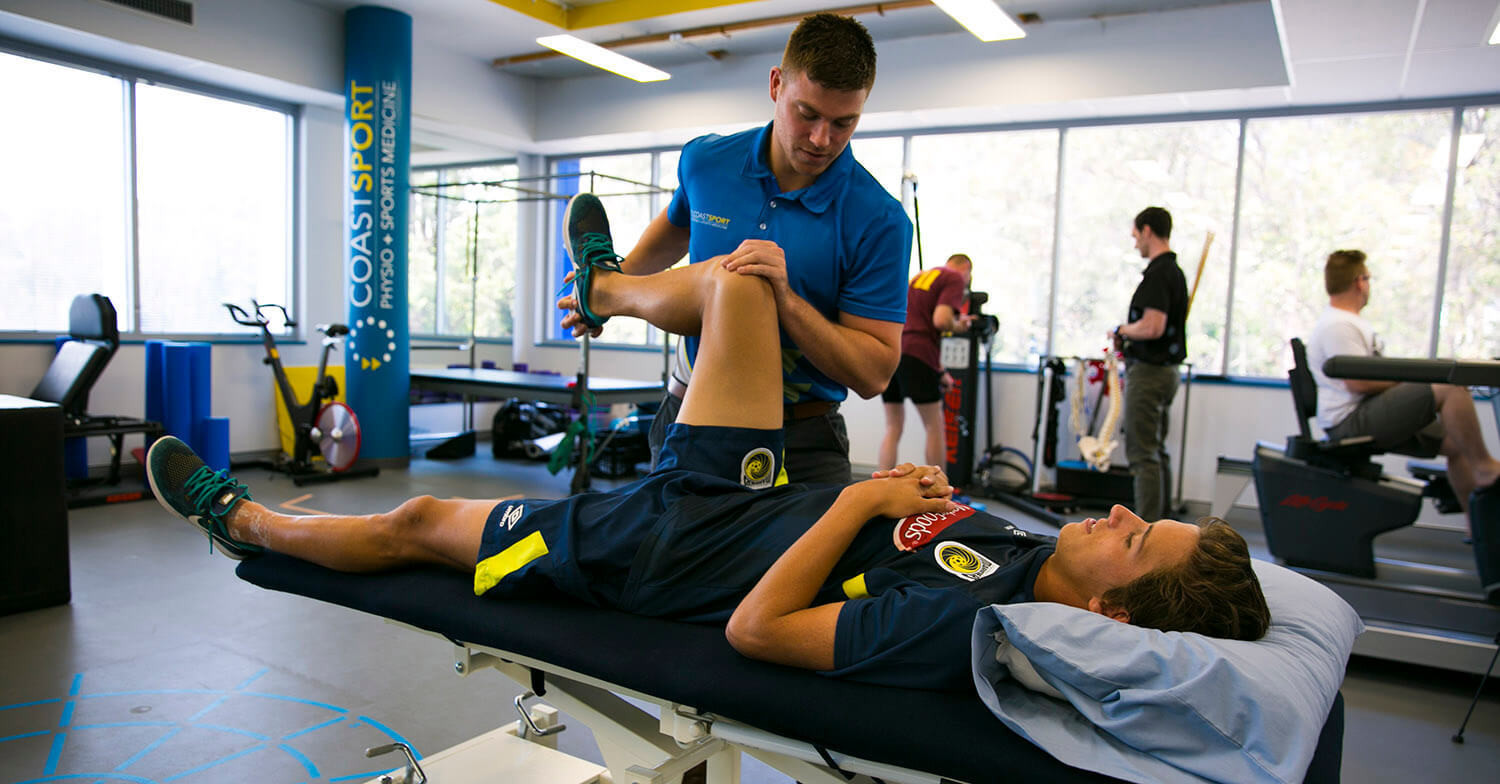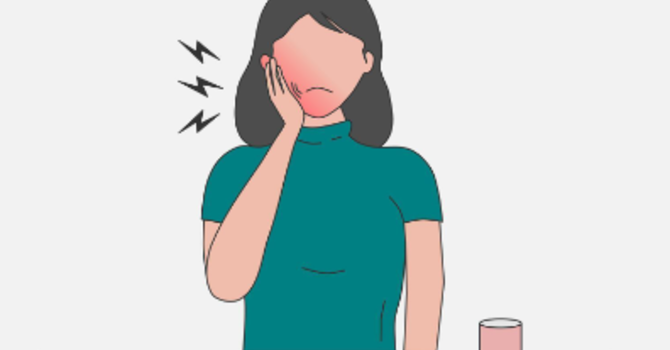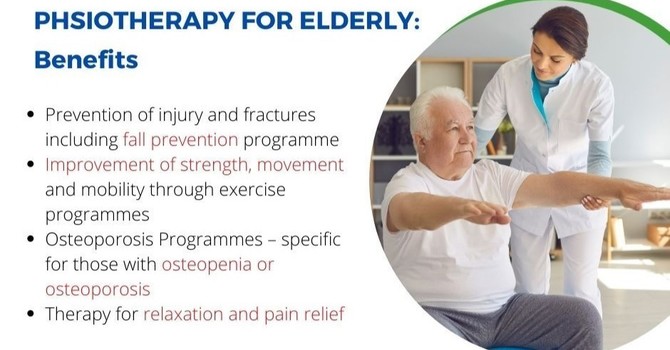
Effective MVA Physiotherapy and Rehabilitation in Whitemud Crossing
Motor Vehicle Accidents (MVAs) in Whitemud Crossing can result in injuries that affect an individual’s physical health, mental well-being, and ability to perform everyday activities. Injuries from MVAs can vary significantly, from minor whiplash to severe trauma, making a personalized rehabilitation plan essential for effective recovery. MVA Physiotherapy in Whitemud Crossing offers tailored therapeutic approaches to help patients regain mobility, reduce pain, and restore quality of life. Here, we’ll explore the role of physiotherapy in MVA recovery, types of treatments available, and why Therapointe Physiotherapy can be a valuable partner in your rehabilitation journey.
Common MVA Injuries
Motor vehicle accidents can lead to a wide range of physical injuries, many of which benefit from structured physiotherapy and rehabilitation. Common MVA injuries include:
-
Whiplash: This is one of the most frequent injuries in car accidents, occurring when the neck undergoes a sudden, forceful back-and-forth movement. Symptoms can range from neck pain and stiffness to headaches and limited range of motion.
-
Soft Tissue Injuries: Strains, sprains, and muscle tears often occur in the neck, back, and shoulders. These injuries can cause pain, swelling, and decreased flexibility, and they require targeted therapies for healing.
-
Fractures and Dislocations: These more severe injuries may involve prolonged immobilization and surgical intervention. Physiotherapy is crucial for regaining strength, flexibility, and function in the affected areas.
-
Back and Spine Injuries: Injuries to the spine, such as herniated discs or spinal cord damage, require specialized care to avoid complications and ensure effective recovery.
The range of MVA injuries highlights the importance of seeking MVA physiotherapy in Whitemud Crossing to create a comprehensive treatment plan that matches the unique needs of each patient.
The Benefits of MVA Physiotherapy
Physiotherapy following an MVA is not only about pain relief but also about restoring functional independence and improving long-term health. Some of the key benefits of MVA physiotherapy include:
-
Pain Management: Pain is often one of the most immediate challenges following an MVA. Physiotherapists employ techniques like manual therapy, ultrasound, and electrical stimulation to help alleviate pain effectively.
-
Improved Range of Motion: Injuries can cause stiffness in joints and muscles, limiting your ability to move freely. Physiotherapy includes specific stretching and mobility exercises that help restore your range of motion gradually.
-
Enhanced Muscle Strength: Accidents can lead to muscle weakness, especially after prolonged immobilization or rest. Strengthening exercises target weakened muscles, rebuilding stability and function over time.
-
Prevention of Chronic Pain: Timely rehabilitation helps prevent injuries from turning into chronic conditions. Addressing pain early on reduces the likelihood of long-term discomfort.
-
Psychological Benefits: Physiotherapy encourages a sense of progress, helping individuals regain confidence and improve their overall well-being after an accident.
For those seeking MVA physiotherapy in Whitemud Crossing, these benefits contribute significantly to a complete and efficient recovery, helping patients get back to their daily activities with confidence.
MVA Physiotherapy Treatment Options
A physiotherapy plan for MVA injuries usually combines various treatment techniques, each targeting specific aspects of recovery. Here are some commonly used therapies in MVA physiotherapy and how they help:
-
Manual Therapy: Hands-on techniques, including joint mobilization and soft tissue manipulation, are used to alleviate pain, reduce stiffness, and improve blood flow to the affected area.
-
Exercise Therapy: Structured exercise programs play a key role in rehabilitation, focusing on strength, flexibility, and endurance. These exercises are designed to support recovery, targeting specific muscles and joints impacted by the accident.
-
Ultrasound and Electrotherapy: These therapeutic modalities use sound waves or electrical currents to promote healing by enhancing blood circulation, reducing pain, and stimulating damaged tissues.
-
Massage Therapy: Soft tissue massage helps relieve tension and improves circulation, which is essential for healing injured muscles and relieving pain. Massage therapy also helps improve mood and reduces stress, supporting both physical and mental recovery.
-
Education and Self-Management: An important aspect of MVA physiotherapy in Whitemud Crossing is patient education. Physiotherapists teach patients about body mechanics, posture, and proper techniques for movement to avoid future injuries.
-
Functional Training: Functional training focuses on exercises and activities that mirror daily tasks, such as lifting, bending, and reaching, helping patients regain the skills they need for daily living.
Each of these treatments is incorporated into a customized plan that considers the severity of the injury, the patient’s health history, and their recovery goals.
The Process of MVA Rehabilitation
Rehabilitation for MVA injuries typically progresses through several stages, beginning with initial assessment and ending with a return to full function. Here’s a breakdown of the MVA physiotherapy process:
-
Initial Assessment: The physiotherapy journey begins with a thorough assessment, where the physiotherapist reviews the patient’s medical history, evaluates their injuries, and discusses their goals. This assessment forms the basis of a tailored treatment plan.
-
Acute Care and Pain Management: In the early stages, pain management is the primary focus. Techniques like cold therapy, ultrasound, and gentle stretching exercises help reduce pain and swelling.
-
Restoring Mobility and Strength: As pain decreases, the focus shifts to improving range of motion and rebuilding strength. Targeted exercises help restore flexibility, which is essential for reducing stiffness and preventing further injuries.
-
Functional Training and Conditioning: At this stage, therapy includes functional exercises that simulate real-life movements. This prepares patients for a gradual return to their normal activities.
-
Maintenance and Prevention: Once recovery goals are met, therapists provide guidance on how to maintain strength, prevent further injuries, and manage any residual symptoms.
By following these stages, MVA physiotherapy in Edmonton offers a structured approach that supports patients at every step, ensuring a thorough recovery.
Why Choose Therapointe Physiotherapy for MVA Rehabilitation?
Choosing the right clinic is essential to effective recovery. Therapointe Physiotherapy is dedicated to helping patients recover from MVA injuries with a focus on personalized treatment plans, experienced staff, and state-of-the-art facilities. By choosing MVA physiotherapy in Whitemud Crossing at Therapointe, patients gain access to a comprehensive rehabilitation program tailored to their specific needs.
The team at Therapointe understands that each individual’s injury is unique, which is why they conduct detailed assessments and create custom treatment plans. Their commitment to patient-centered care means they take time to understand each patient’s goals, offering guidance and support throughout the rehabilitation process. Furthermore, the clinic’s multidisciplinary approach allows for a diverse range of treatment options, ensuring that each patient’s recovery is as efficient and comfortable as possible.
Final Thoughts
Recovering from an MVA can be a challenging journey, but with the right physiotherapy approach, individuals can regain strength, reduce pain, and return to their normal activities. MVA physiotherapy in Whitemud Crossing is instrumental in guiding patients through every phase of recovery, from initial pain management to long-term strength and mobility.
Therapointe Physiotherapy is committed to helping patients recover fully, using proven physiotherapy techniques and personalized care plans. If you or a loved one has experienced an MVA, don’t hesitate to seek professional physiotherapy support to ensure a safe and effective recovery journey.

Arun Sanduja
Contact Me

